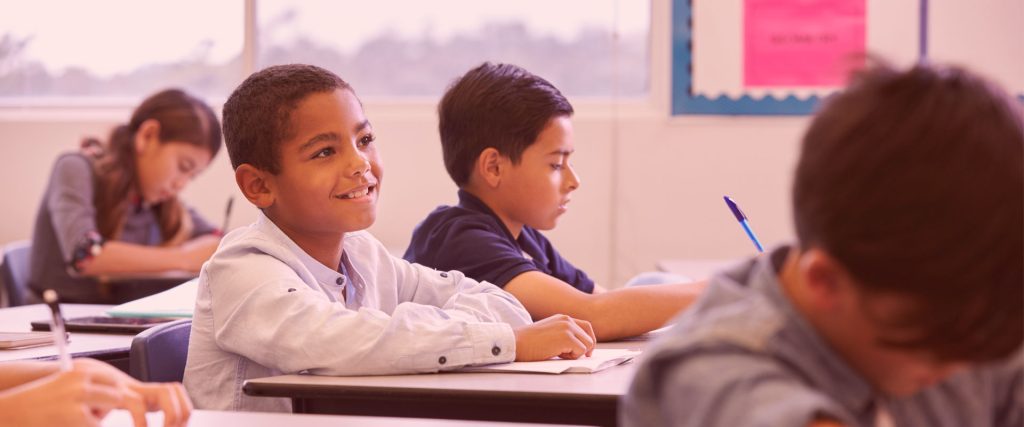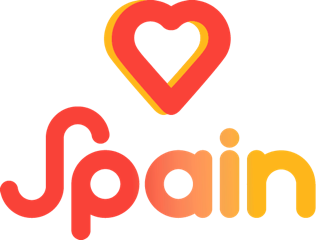Spain´s educational system
Spain´s educational system
Schooling in Spain is state funded and is compulsory between the ages of six years and sixteen, given that no courses are repeated.
There are three categories of Spanish schools in the Spanish education system: public schools (colegios públicos), state-funded private schools (colegios concertados) and private schools (colegios privados).
Spanish school hours depend on each type of school. Some may run from 9 am through 5 pm with a two hour lunch break. Other schools may begin at 8 and end at 3 pm, the typical lunch time in Spain. Some schools may have only a one hour lunch break and may or may not provide a cafeteria for children to eat at the school.
Preschool in Spain is divided into two cycles, the first cycle is for children between the ages of 0-3 years old and the second cycle is for children from 3-6 years old. The second cycle of preschool education in Spain is free for all students. This cycle is often considered as an integral part of the education system.
Spanish Primary School
Primary school in Spain, often referred to as simply “colegio”, is the beginning of the government required education in Spain. Primary school is made up of 6 academic school years from age 6 through 12.
The objective is to give Spanish students a common and solid basic education in culture, oral expression, reading, writing and arithmetic. The teaching methodology is directed towards developing pupils and integrating their different experiences and learning styles. Spanish primary education is focused on personalized and tailored classes depending on the level of each child.

Spanish Middle School
After primary school in Spain students must continue on to Compulsory Secondary Education (ESO) which generally lasts from age 12-16.Spanish secondary education is divided into two cycles lasting two years each.Once a Spanish student graduates from ESO, students have three different choices:High school known as the Spanish Baccalaureate (Bachillerato) Vocational/Professional training (Electrician, hairdresser, etc.)

Spanish High School – Spanish Baccalaureate
The Spanish high school Baccalaureate is non-compulsory free education that consists of one cycle in two academic years for students age 16-18. The Spanish Baccalaureate consists of a series of required common classes, elective classes and specialization classes, or concentration in a certain discipline. A student must specialize in one of the offered disciplines and if the students plan to continue on to university, certain concentrations may be required in order to be admitted into certain university programs.
Required classes of the Spanish Baccalaureate include 2 years of both Castilian language and literature (or the co-official language) and foreign language, and 1 year of philosophy and civic responsibility, physical education, contemporary science, history of philosophy and the history of Spain.Elective courses may include: a second foreign language, information technology, dance, art, theater, music, or other classes depending on the school.
The specialization part of the Spanish high school Baccalaureate requires a student choose one of 4 concentrations for which they will be required to take 3-4 classes a year. Each concentration has obligatory classes and other classes from which to choose from.
The specialized concentrations and corresponding types of courses:
Arts: The arts discipline is divided into two concentrations: art, image and design; or performing arts, music and dance.
Science and Technology: math, biology, physics, chemistry, geology, technical drawing, etc.
Humanities and Social Sciences: applied math, economics, Latin, Greek, contemporary history, geography, art history, business economics, etc.
Students who successfully complete the requirements of the Spanish high school Baccalaureate will receive a diploma. In order to continue on to the university they must take an entrance exam (Prueba de Acceso a la Universidad – PAU). The test results together with the student’s academic record and grades will determine not only access to the university but also which degrees the student can pursue.

Spanish Primary School
Spanish University degrees are usually four years long, with the exception of medicine degrees and some others which are 6 years long.
By 2010, in accordance with the European Commission of Education and Training, Spanish higher education will consist of: Bachelor degrees (Grado) for four year programs, Master degrees for 2 year post-graduate programs, and Doctorates for post-masters education.
There are many internationally recognized Spanish universities such as Complutense University of Madrid, the University of Barcelona, the University of Seville, The University of Granada and the University of Valencia, among many others. Other historically important and reputable Spanish universities include the University of Salamanca and the University of Alcala.

